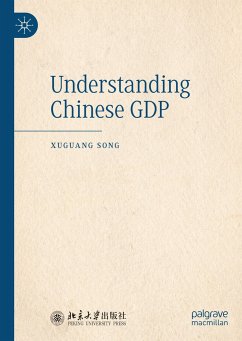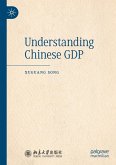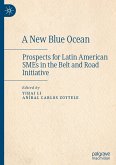This book provides in-depth analyses on accounting methods of GDP, statistic calibers and comparative perspectives on Chinese GDP. Beginning with an exploration of international comparisons of GDP, the book introduces the theoretical backgrounds, data sources, algorithms of the exchange rate method and the purchasing power parity method and discusses the advantages, disadvantages, and the latest developments in the two methods. This book further elaborates on the reasons for the imperfections of the Chinese GDP data including limitations of current statistical techniques and the accounting system, as well as the relatively confusing statistics for the service industry. The authors then make suggestions for improvement. Finally, the authors emphasize that evaluation of a country's economy and social development should not be solely limited to GDP, but should focus more on indicators of the comprehensive national power, national welfare, and the people's livelihood. This book will be of interest to economists, China-watchers, and scholars of geopolitics.
Bitte wählen Sie Ihr Anliegen aus.
Rechnungen
Retourenschein anfordern
Bestellstatus
Storno








